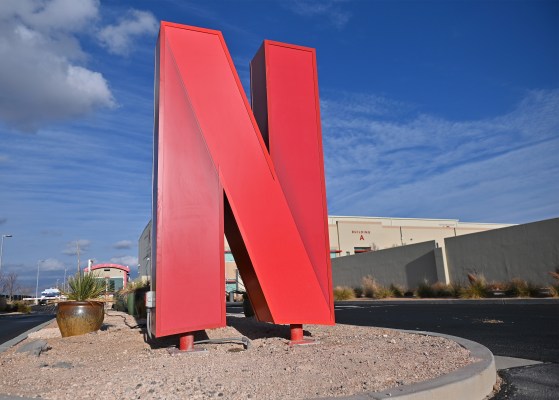Netflix sees gaming as a big part of its future in the battle for consumer attention. In July, the company hired Mike Verdu to head a new gaming division, signaling just how serious it is about moving into this new territory.
Verdu has a lot of gaming cred. He most recently served as vice president of augmented reality and virtual reality content at Facebook, and he was also the former head of Electronic Arts’ mobile gaming division. He has had stints at other game developers including Zynga, Kabam, Atari and Legend Entertainment, and he was a game developer himself. In short, Verdu knows this world inside and out, which is a good thing because his decisions could have a profound impact on the future of game development.
Verdu recently hinted at the company’s future plans. On September 28, Netflix announced its acquisition of Night School Studio, bringing some developer talent in house. It’s also been speculated that Netflix will pursue licensing deals with other gaming studios to quickly grow its offerings.
It makes one wonder how Netflix’s plans will influence game developers and studios around the world. More importantly, how will developers respond to Netflix’s entry into the space?
There will likely be some fallout over the next few years as Netflix finds its footing, but ultimately, the company’s move into gaming will push game development further.
Options: A model shakeup
Netflix’s existing audience of over 209 million subscribers translates into a lot of free marketing impressions and low player acquisition costs, giving it an immediate advantage over small studios and independent game developers who often struggle to gain attention for their games. Additionally, Netflix’s gaming division could spell trouble for the huge numbers of mobile game developers who rely on in-app purchases or advertising to make money — Netflix’s subscription model means it controls the user experience and doesn’t have to rely on ads or in-app purchases for its revenue stream.
At first blush, this could seem like a terrible blow to game developers, but it also opens new opportunities. If Netflix starts to gain traction in the gaming market (still a big if), developers will be spurred to innovate to stay a step ahead. This could be in terms of how games are designed and marketed, the actual player experience or how they are monetized. Innovation is good and necessary if developers want to continue attracting players.
It’s fair to say we could see some new models and experiences entering the gaming landscape. Netflix’s move into gaming is an inflection point, as it validates the work that developers have done thus far in capturing the mindshare of billions of players throughout the world. Gaming has gone mainstream, and Netflix will likely force it to evolve even more. This could be the moment gaming grows up.
